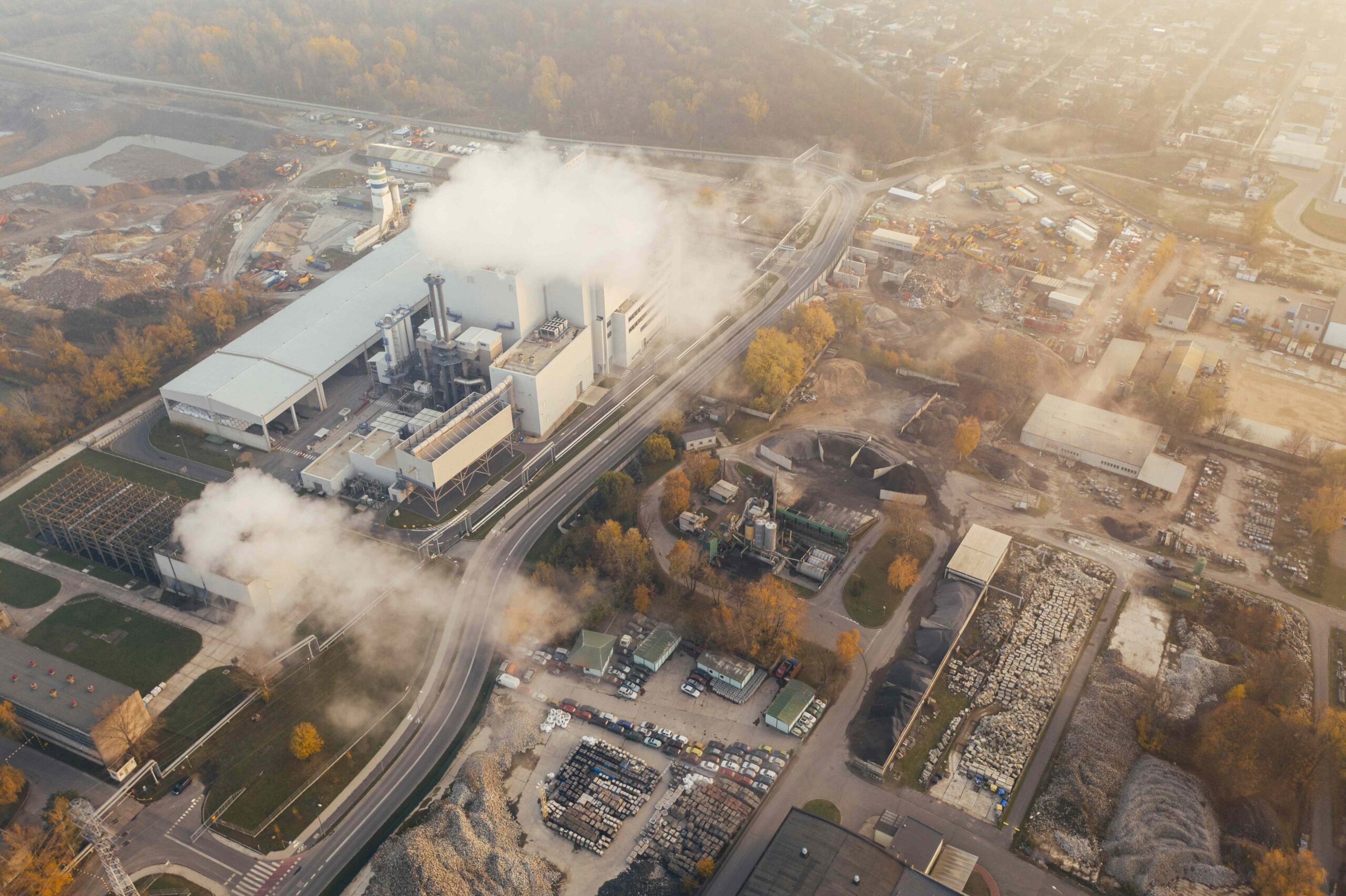The Impact of Oil Prices on Bunker Fuel Costs
Oil prices play a pivotal role in determining bunker fuel costs, influencing operational expenses and profitability across the maritime industry. This article examines the relationship between oil prices and bunker fuel costs, highlighting the factors that drive fluctuations and their broader implications for
Energy Efficiency in Marine Vessels: Reducing Fuel Consumption
Efficiency in fuel consumption is paramount in the maritime industry, where vessels operate over vast distances, carrying goods essential to global trade. As concerns about environmental impact and operational costs rise, optimizing energy efficiency has become a focal point for shipping companies worldwide.
Global Bunker Fuel Market Trends and Forecasts
The global bunker fuel market, crucial for maritime operations, is undergoing profound transformations due to evolving environmental regulations, technological advancements, and economic shifts. For shipping companies, understanding these trends and projecting future developments is essential for strategic planning and operational success. This article
Economic Analysis of Fuel Switching in Shipping
The global shipping industry is undergoing significant transformation as it adapts to stricter environmental regulations and shifting market dynamics. One of the pivotal changes is fuel switching, where ships transition from traditional high-sulfur fuel oil (HSFO) to low-sulfur alternatives or other more sustainable
The Role of AI in Optimizing Bunker Fuel Consumption
In the maritime industry, bunker fuel represents a significant portion of operational costs, making fuel efficiency a critical concern for shipping companies. As the industry grapples with rising fuel prices and stringent environmental regulations, artificial intelligence (AI) has emerged as a powerful tool
Marine Emission Control Areas (ECAs) and Their Impact on Bunker Fuel
With growing global concern over environmental issues, the maritime industry faces increasing pressure to address its contributions to air pollution and greenhouse gas emissions. A key regulatory response has been the establishment of Marine Emission Control Areas (ECAs). These zones impose stricter controls
Impact of Climate Change Policies on Bunker Fuel Industry
In recent years, global efforts to combat climate change have intensified, leading to significant regulatory changes and policy shifts across industries reliant on fossil fuels. The bunker fuel industry, crucial for powering maritime transportation, faces distinct challenges and opportunities as governments worldwide implement
Navigating Bunker Fuel Fraud: Strategies to Detect and Prevent Fraudulent Practices
Bunker fuel, indispensable for powering maritime vessels globally, is vulnerable to fraudulent activities that threaten operational integrity and financial stability. As the maritime industry manages intricate supply chains, understanding bunker fuel fraud and implementing robust mitigation techniques is crucial to safeguarding against illicit
Health and Safety Considerations in Bunker Fuel Handling
Bunker fuel, essential for powering maritime vessels, plays a pivotal role in global trade but also presents significant health and safety challenges during handling and storage. As the maritime industry continues to evolve, prioritizing robust health and safety measures in bunker fuel operations
Bunker Fuel Hedging Strategies
In the intricate world of maritime logistics, bunker fuel stands out as a critical component, powering the global fleet of vessels that crisscross the seas. Given the volatility in fuel prices and the significant portion of operational costs attributed to bunkering, effective bunker










